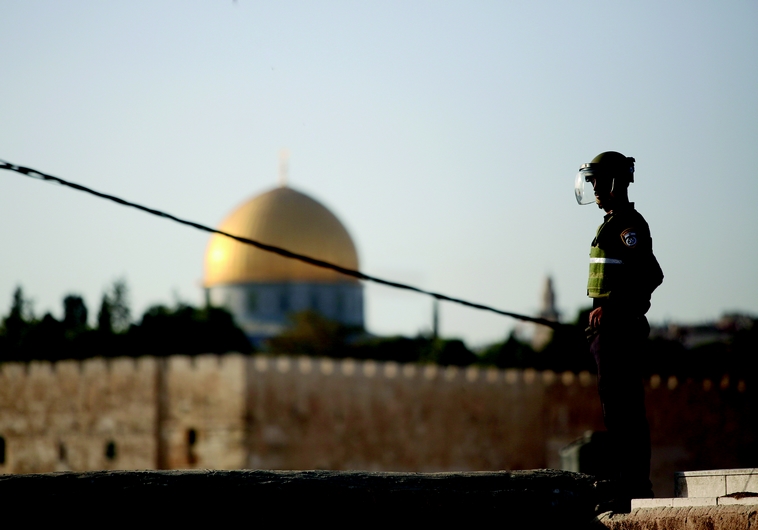Middle Israel: The Temple as idolatry
The Temple that today's zealots idealise was actually an engine of social corrpuption, religious fanaticism, and political recklessness.
 Des observateurs internationaux sur le mont du Temple?(photo credit: MARC ISRAEL SELLEM/THE JERUSALEM POST)Updated:
Des observateurs internationaux sur le mont du Temple?(photo credit: MARC ISRAEL SELLEM/THE JERUSALEM POST)Updated: